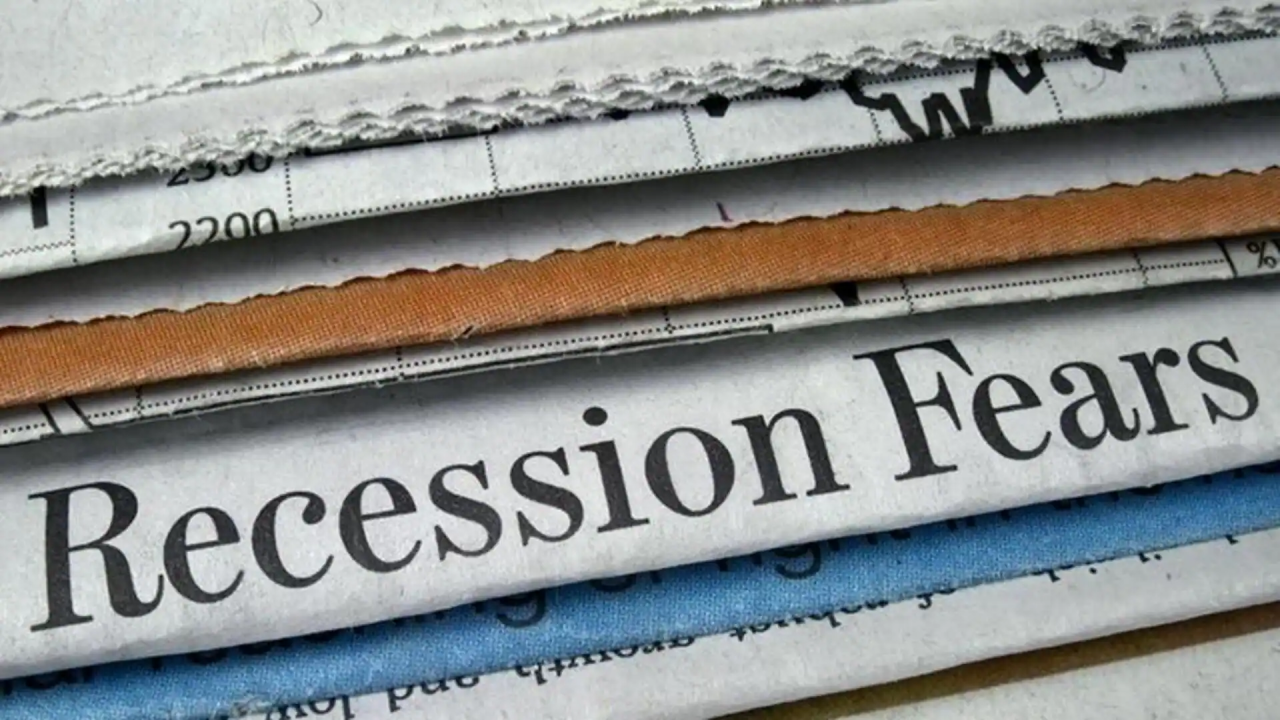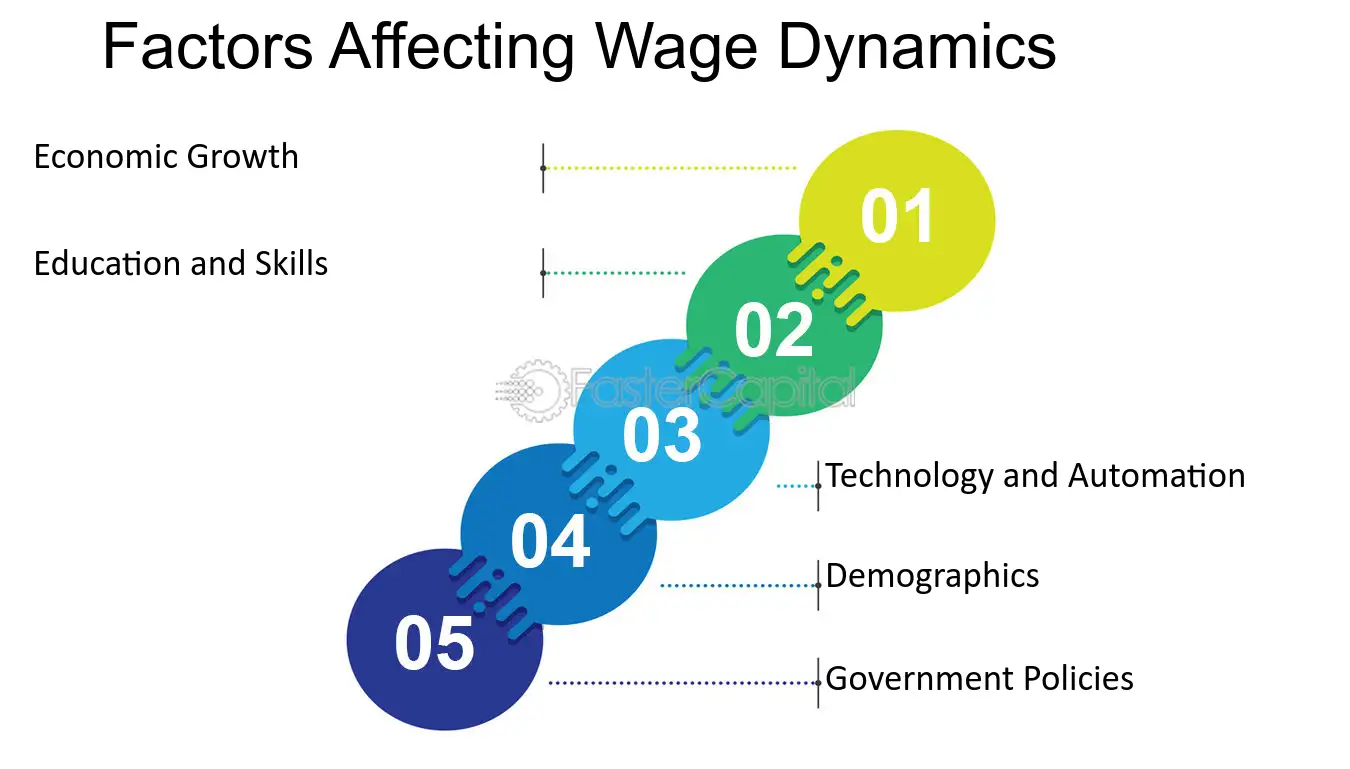Despite a seemingly robust job market, recent reports and firsthand accounts reveal a troubling trend: many experienced professionals are being compelled to accept significantly lower salaries than they previously earned. This shift is particularly pronounced among white-collar workers in industries like tech, marketing, and human resources, where job offers frequently come with pay rates that are startlingly less than those of past years.

The Disheartening Experience of Seasoned Professionals
Martin-John Rubio, a seasoned talent acquisition professional, encountered a startling discrepancy when he discovered a job listing offering only $17 an hour—a sharp drop from his previous rate of $33 an hour. Rubio’s incredulity was palpable as he questioned the listing, half-expecting it to be a typo.
“There’s no way that anybody would take that job,” Rubio remarked to MarketWatch, highlighting the wage expectations in Silicon Valley.
Similarly, Marilyn Driscoll, a senior technical recruiter from Chicago, faced a harsh reality when her job search extended far beyond her expectations. After her contract ended, Driscoll anticipated a quick return to the workforce but instead found herself confronting offers that slashed her previous salary by 30% to 40%.
The incongruity between the responsibilities of the roles and the compensation being offered left her stunned. “It’s soul-crushing,” Driscoll shared, reflecting the sentiment of many in her position.

Economic Realities Prompting Pay Reductions
The adjustment in salary offerings can be traced back to a variety of economic factors. After a hiring surge in the early 2020s, companies are pulling back on the generous salaries once necessary to attract candidates in a competitive market.
“Because there’s just not more money available,” explained Paaras Parker, CHRO at Paycor, indicating a recalibration of salary scales across the board.
Liz Wilke, principal economist at Gusto, points out that this trend is part of a broader “wait and see” economy. Employers are hesitant to commit to high salaries amid economic uncertainties, leading to a general reduction in pay levels, particularly in the finance sector where new hires in 2024 are earning 7% less than in 2019.
Adjusting Expectations and Moving Forward
For many professionals, the current job market has necessitated a recalibration of expectations. Brett Jansen, who was laid off from a high-ranking position, started her own business after confronting the reality that no jobs were offering comparable pay.
“You can’t pay people less when the cost of living is what it is right now,” Jansen asserted, encapsulating the frustration felt by many.
The decline in salaries is also influencing the tech sector, as noted by Rahul Yodh, VP of talent acquisition at New Western. Yodh observed a significant shift from a candidate-driven market to one where offers are far less flexible and compensation far less generous than in previous years.
Same job, $16 less per hour: Frustrated job hunters can’t find roles that pay as well as their old ones https://t.co/PzYfxymfso
— MarketWatch (@MarketWatch) May 3, 2024
A Challenging Horizon for Job Seekers
As the economic landscape evolves, both employers and employees are finding themselves at a crossroads. The former must balance financial constraints with the need to attract skilled workers, while the latter must navigate a market that often values cost-cutting over fair compensation.
The stories of Rubio, Driscoll, and others underscore a pivotal moment in the American workforce, one that may redefine professional expectations and career trajectories for years to come.










